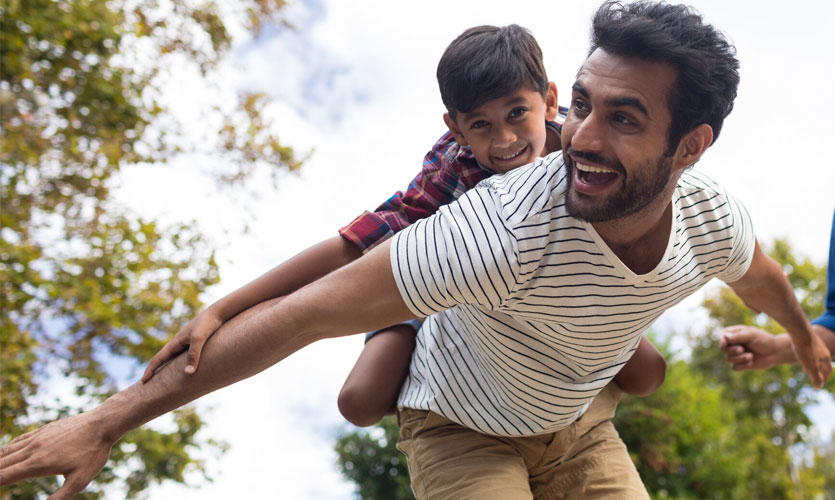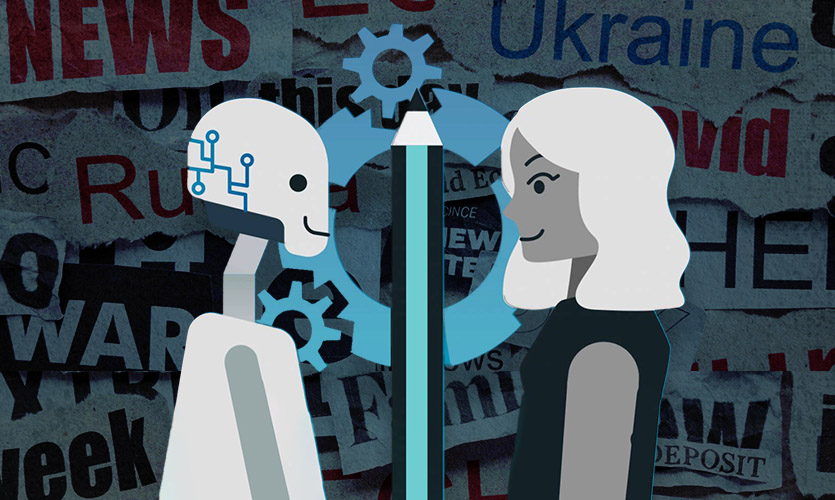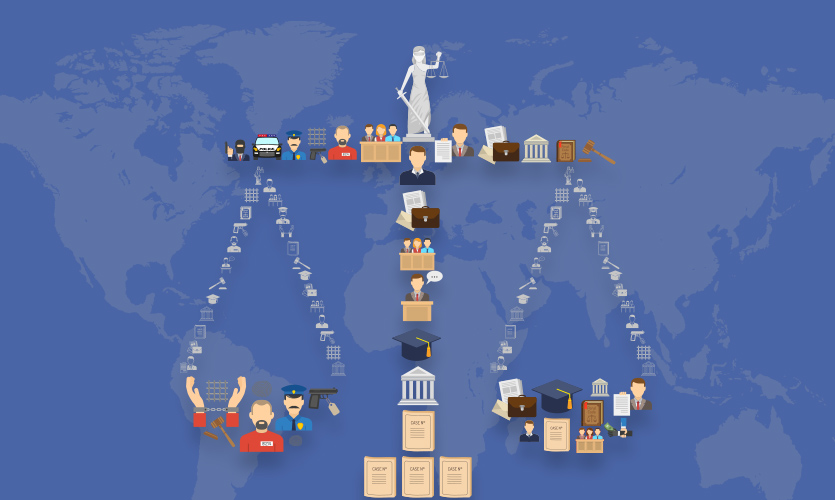Fatherhood can be tough and scary. The mere shopping list is overwhelming, let alone one about the responsibilities. While it is a lot on any given day, the people who became fathers in the middle of the pandemic had it much worse. They couldn’t support their partners the way they had imagined, their carefully crafted plans going out the window. Many of them actually got to see the first glimpse of their child only via video calling. The lullabies were all digital, so was the love — and hope. Until eventually, things started to get better and screens got converted into warm hugs.
Something new, something blue
For 35-year-old Sagar Karande, the feeling of being overwhelmed was mixed with fatigue and longing for his baby boy. As is the case with many first time parents, his newborn spent a few weeks with his maternal grandparents. Under normal circumstances, Sagar would have had the chance to be around to support his wife and pamper his son. However, the pandemic created a situation where he had to stay away from them to ensure their safety.
He had to spend weeks watching his son grow up a little day by day, via a screen, alternating between peek-a-boos and taking lectures for media students enrolled in the University of Mumbai. As his wife’s maternity leave came to a close and it became safer to travel, he was able to reunite with his family.
“Being a new dad has its own fair share of challenges. You move out of your comfort zone into uncharted territory, not knowing what to expect,” he tells us. For Sagar, it has been a wonderful journey of learning and unlearning life even though he has had his patience tested with little to no sleep while taking care of the baby.
Read more: How Delhiites feel about the Central Vista Project
From his recent experience, he has only one thing to tell to expecting fathers: Do not fret. I was someone who was concerned about what fatherhood may bring to them but honestly, it is one of the most important and beautiful things to have happened to me. I would say personally, it has made me a better person than I would have ever wished for.
Today Sagar spends his time praying his son would sleep through his lectures, even if not through the night. The chaos of seeing his professional and personal worlds collide in such an interlinked way has been an overwhelming experience for him. It has also made him respect his father more than ever. “I value the time he gave me while I was growing up much more now,” he tells us.
Something old, something borrowed
It isn’t just the new fathers who are struggling to make sense of their evolving realities and keeping their fears in check, it’s also those who have had years of experience as fathers. With a lot more time being spent together, the dynamics of the father-child relationship has become more complex than ever before.
“In certain cultures, fathers would just hand over the money and their responsibility would be done and in some, they would want to be involved but their full-time jobs, long hours and commuting (in metropolitan cities) would make it difficult for them to spend time with their children. This changed during the pandemic as they had to stay home and understand the little things about handling the child,” Consulting Psychologist Kinjal Pandya tells us.
As the father would ideally get less time with the child, they tended to be more lenient and ‘fun’ than the mother. The child would then have a better equation with the father as they wouldn’t see him as often. As fathers are now getting to spend more time with their children, this dynamic is changing, Kinjal tells us.
They tend to be short as they are not as well-versed with the little quirks of the children, who are then left wondering as to what happened to their immensely patient and accommodating fathers. “Fathers can no longer afford to be just in the good books of the children. In the pandemic, having a 50-50 workload has now become a compulsion,” Kinjal explains.
Read more: Do pre-schools need a curriculum?
With an extended work from home situation, while fathers are getting to spend a lot of time with their children, they are also facing troubles at work. This adds to their stress in a big way, especially if their financial situation has been affected during the lockdown. Kinjal explains, “When they feel disappointed in themselves, they sometimes don’t even share it with their partners. They feel responsible, despite knowing that it’s the conditions outside that are not in their favour and it isn’t their fault.”
This is leading to an increase in the number of ailments that fathers suffer from, including mental health issues. In some drastic cases, the toll is also increasing domestic bickering and violence. Kinjal tells us that a lot can be solved if these men would share the burden of their thoughts and feelings instead of keeping it all in and letting it stew.
There is magic in words — one that can heal and help grow. As fatherhood evolves to be more complex, with no long-trodden paths to refer to on account of an unprecedented pandemic, there is so much to experiment and explore. It all, however, starts with a talk.










